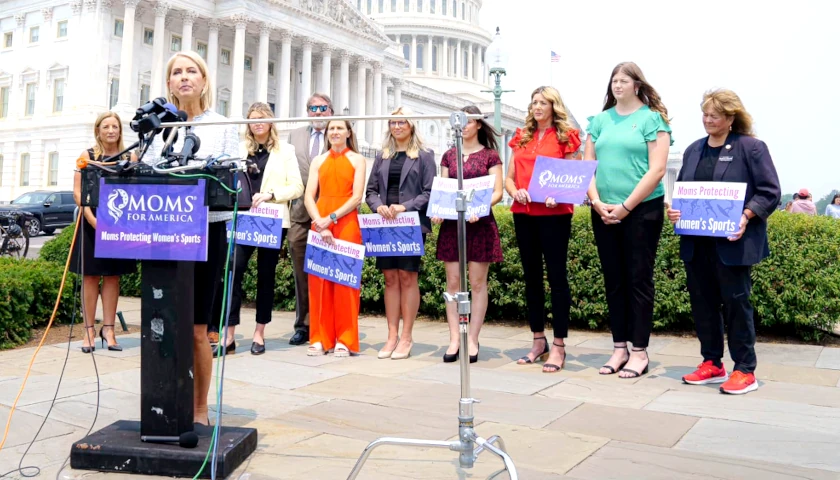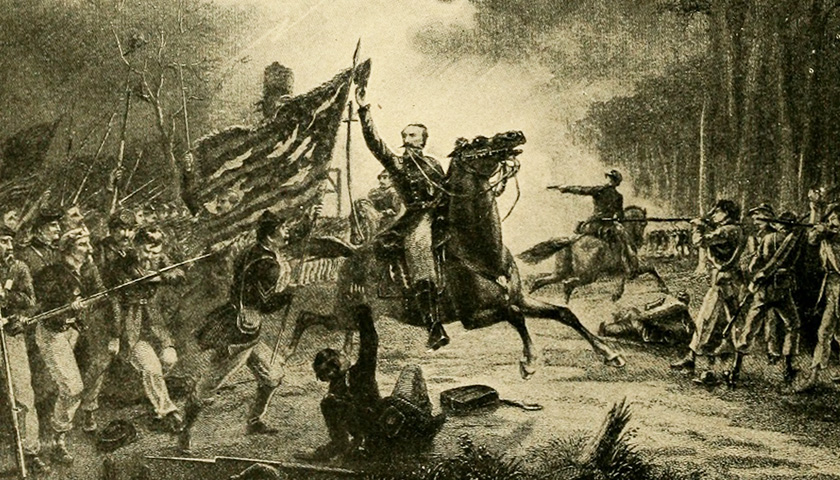Robert E. Lee’s smashing victory against Major General Joseph Hooker’s Army of the Potomac at Chancellorsville in May 1863 provided the Confederacy with three strategic options: shift resources from Virginia to Mississippi in order to revive Vicksburg, the Rebel redoubt on the Mississippi River; reinforce Braxton Bragg’s Army of Tennessee, enabling him to reprise his 1862 invasion of Kentucky and maneuver the Union Army of the Cumberland under William Rosecrans out of its position in central Tennessee; or invade Pennsylvania.
But after Chancellorsville, it was probably too late to affect the outcome at Vicksburg, because the siege was already under way. (Vicksburg would fall on the Fourth of July.) And it didn’t make sense to detach forces from the Confederacy’s only successful field army, the Army of Northern Virginia, under its only successful general, Lee, and send them to other generals whose competence was questionable. In the end, Lee effectively made the case to Confederate president Jefferson Davis that the best use of limited Confederate resources was to invade Pennsylvania. As he had done in the fall of 1862, Lee intended to effect a strategic turning movement, draw the Yankees out of Virginia, and annihilate a Federal army on Union soil, forcing Lincoln to sue for peace.
Read More


